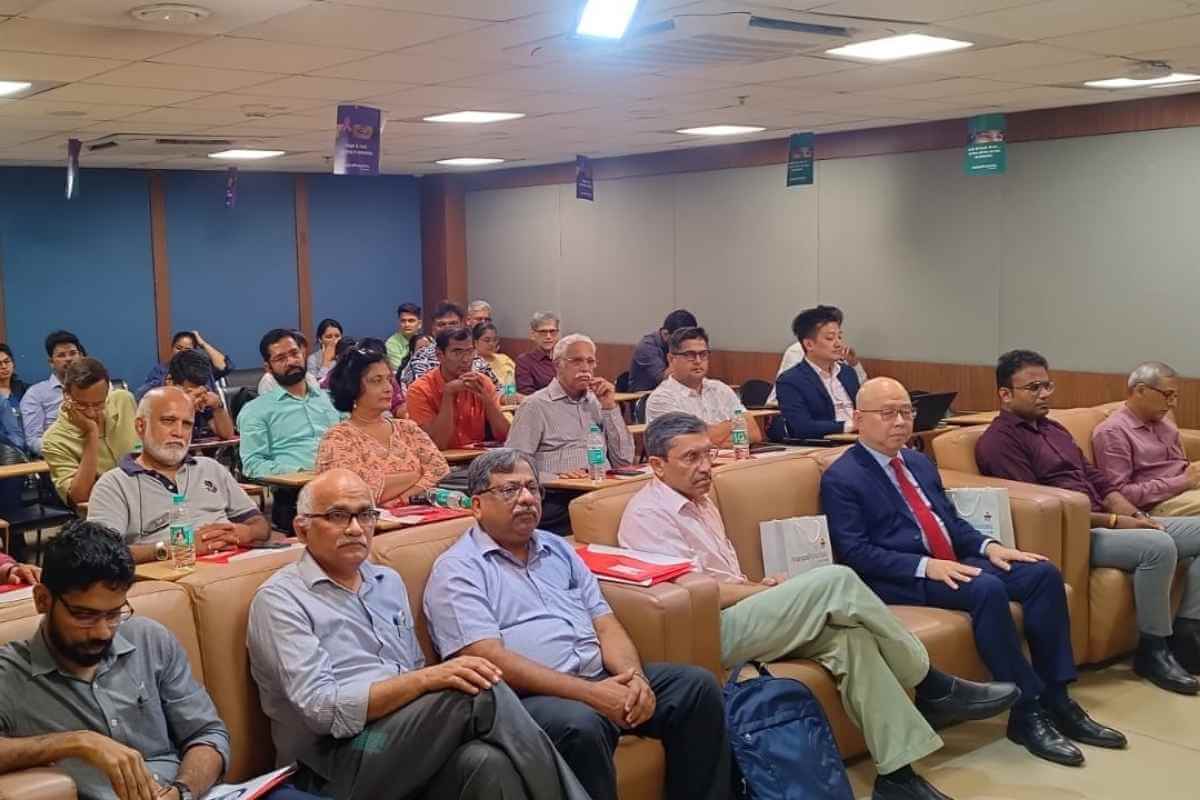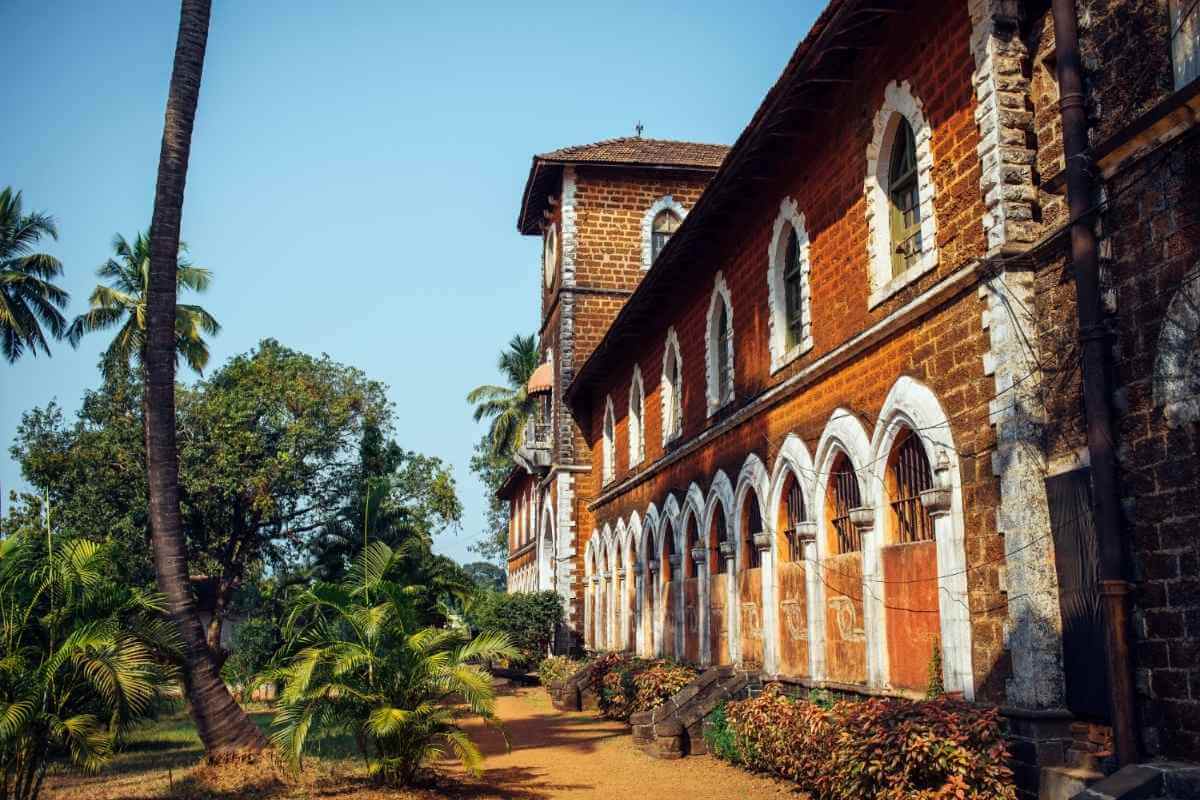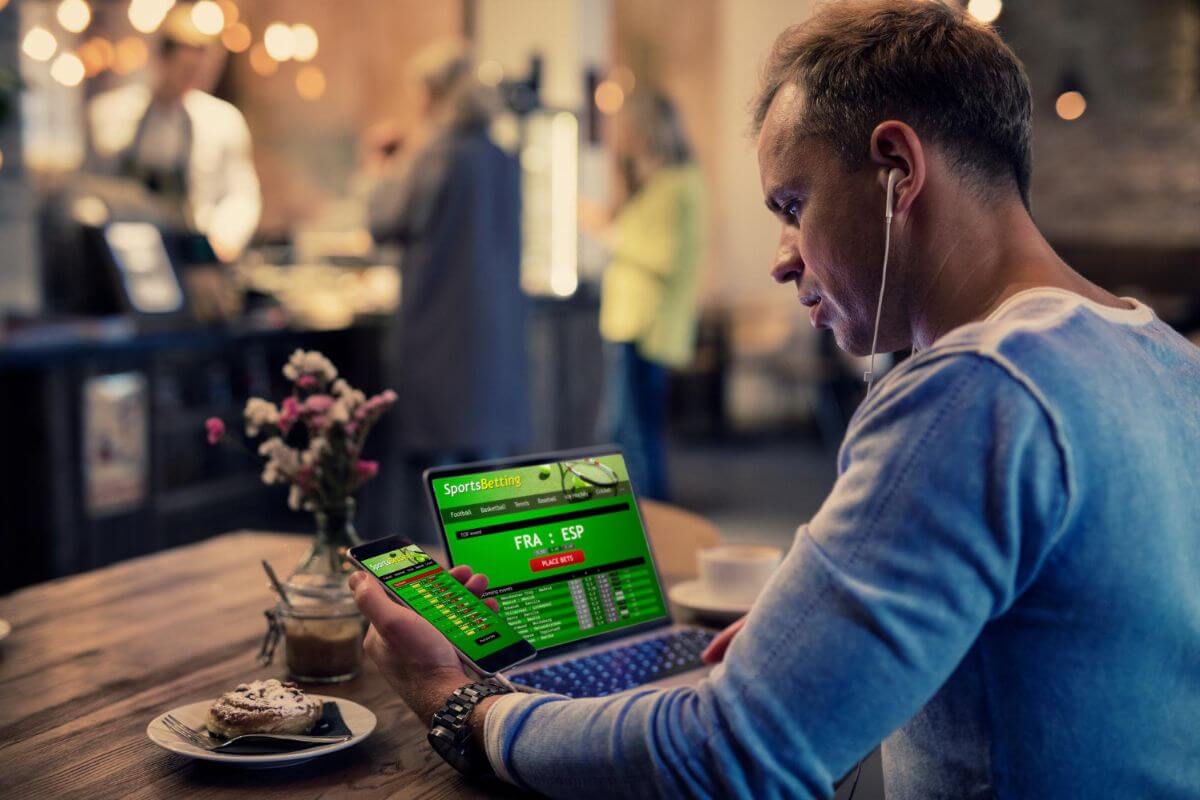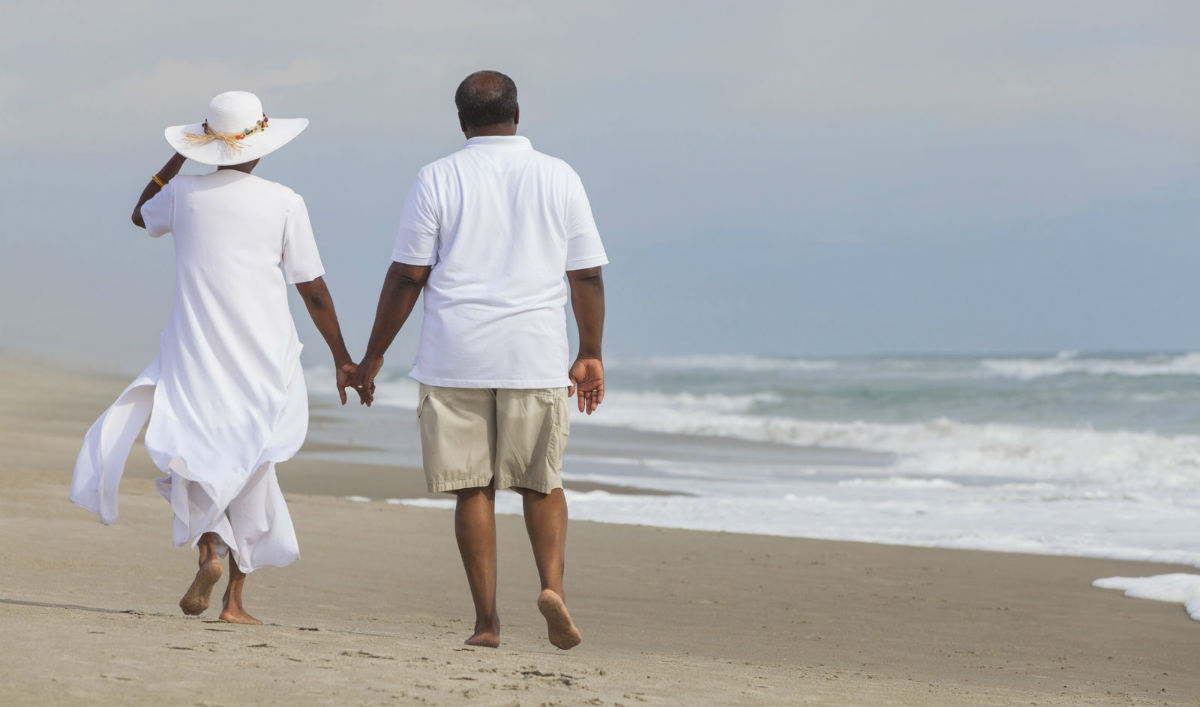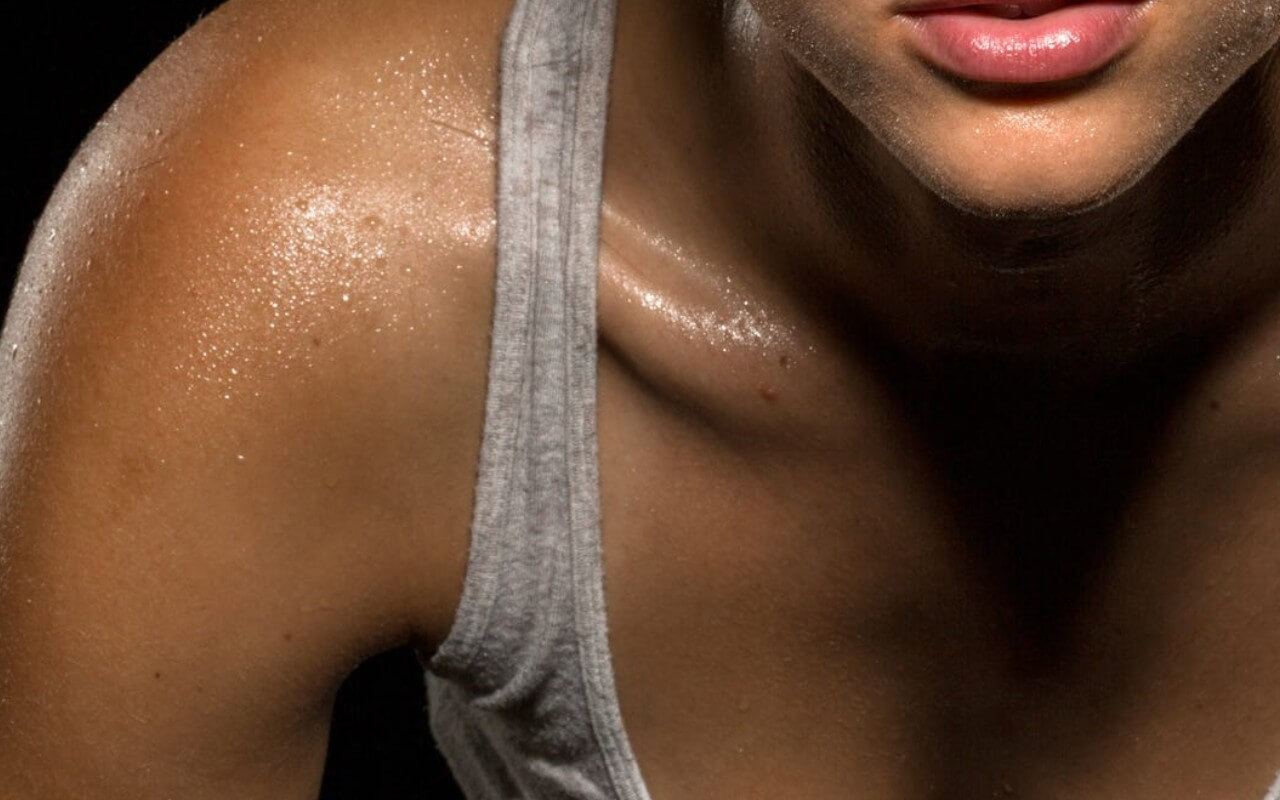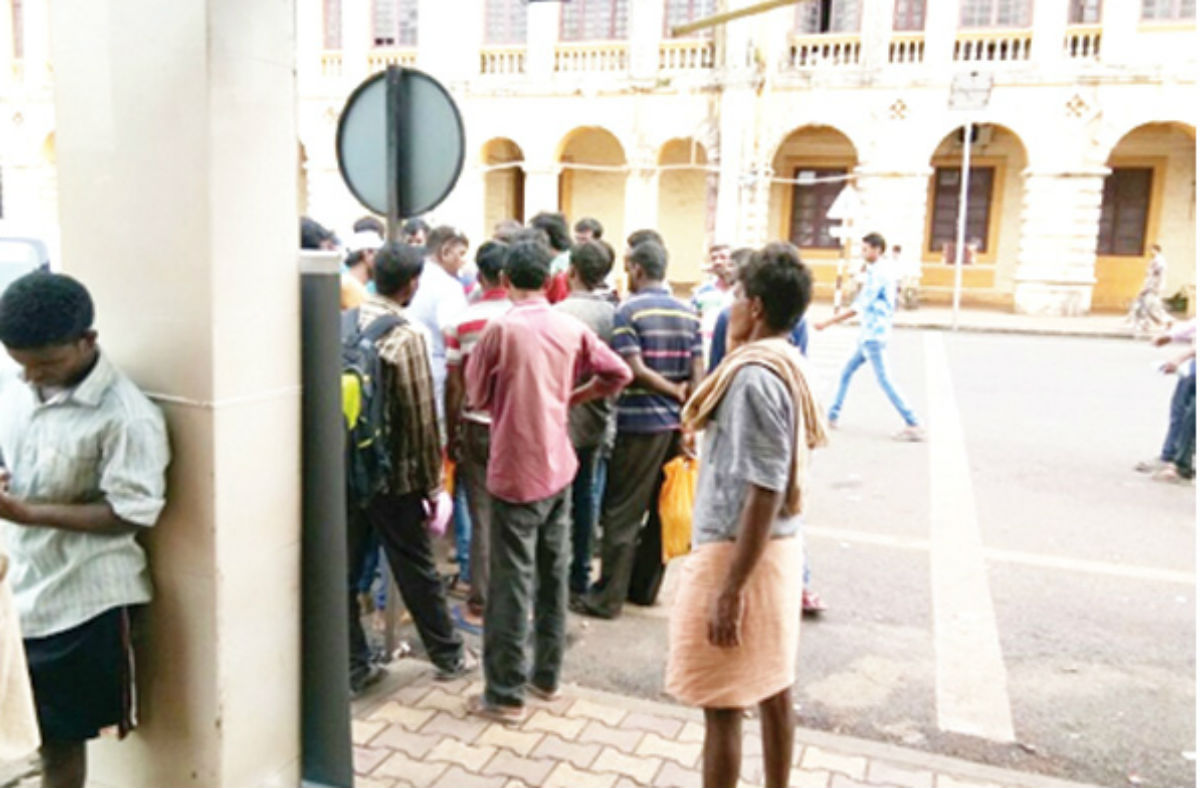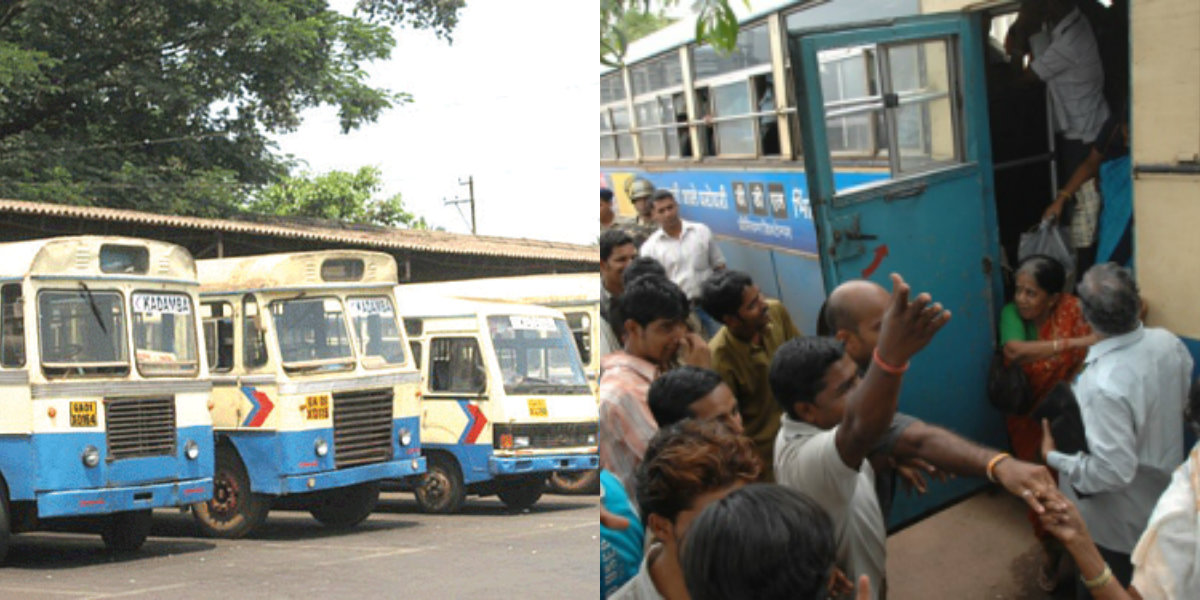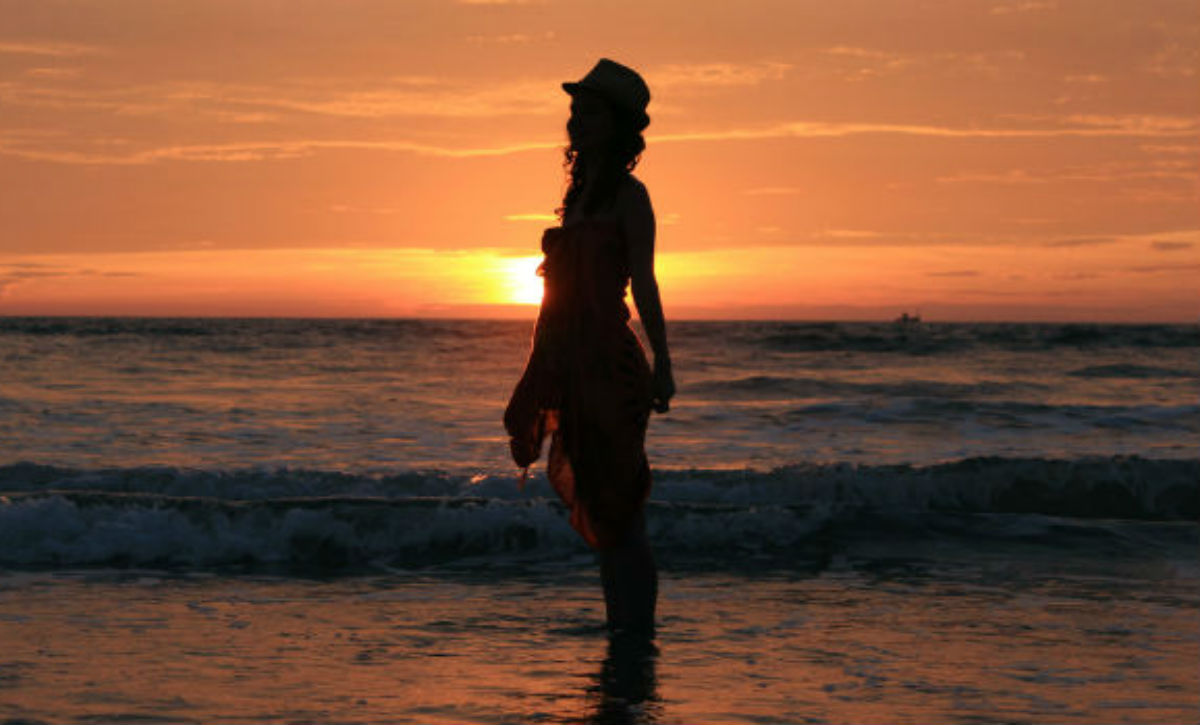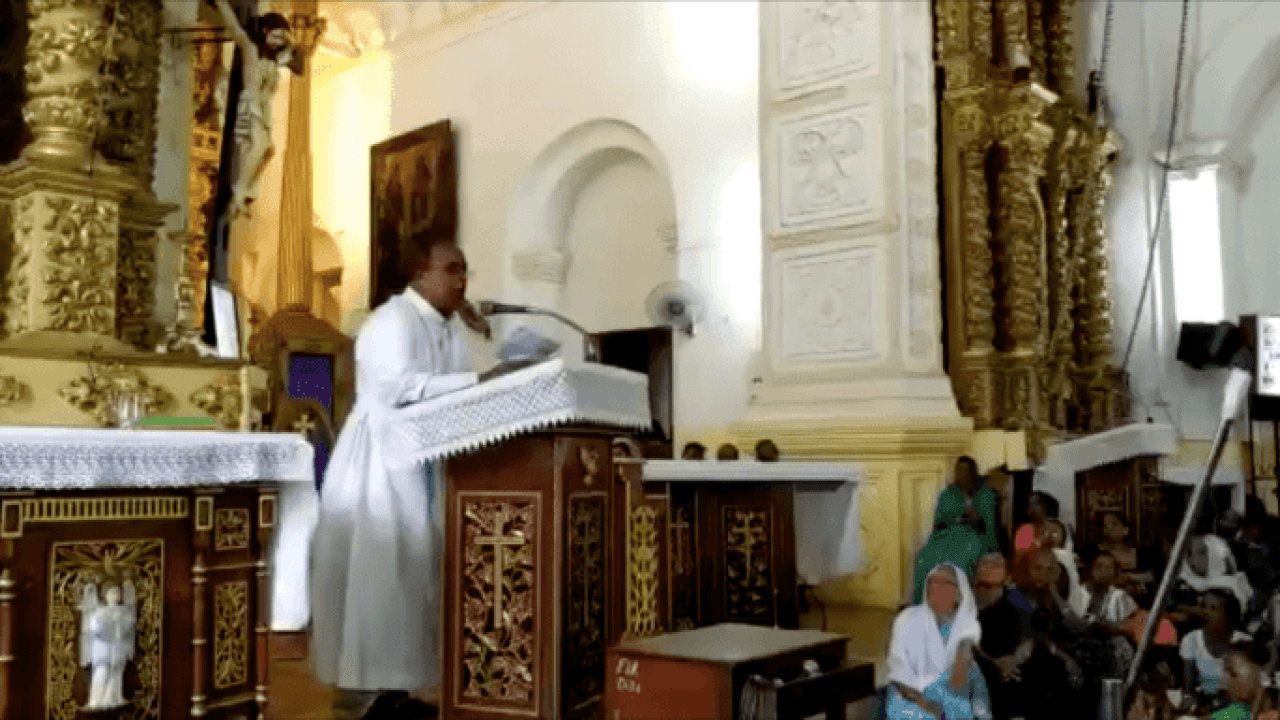Born in the historic city of India Allahabad also known as Prayagraj situated in Uttar Pradesh, Anima comes from a middle-class family background. A very efficient in her studies, Anima did her master’s in Microbiology from the Allahabad Agricultural Institute she joined the National Dairy Research Institute, Karnal as a Junior Research Fellow. The Incredible Goa team met Dr Anima to find out more about her journey into the startup ecosystem of Goa.
“I worked intensively on probiotic bacteria and realized the immense power these tiny microbes possess and how deeply they can influence human life,” said Anima adding that she always had an interest in research and development. “I come from the Historic city of India, Allahabad also known as Prayagraj situated in Uttar Pradesh and she had done my early education from Saraswati Shishu Mandir. “After completing my master’s in microbiology from Allahabad Agricultural Institute in 2012 I started working at National Dairy Research Institute, Karnal as a Junior Research Fellow. Later I completed my PhD in microbiology in 2019 from NDRI, Karnal only. During my time at NDRI.”
After completing her PhD, Anima comes down to Goa. “I shifted to GOA to join my husband who was working here and started working on various research projects in institutes like the National Institute of Oceanography and CCARI, ICAR. However, I always wanted to create something of my own, at the same time keeping my love for science and research intact. During my stint in NIO, I was working on a diversity study of pigment-producing microbes from aqua-culture. I was so fascinated to see bright and beautiful pigments produced by microbes and I wondered why can’t we use these pigments to dye our clothes or in printing for that matter. It motivated me to read more about pigment-producing microbes and their applications. I also found out about the harmful and toxic effects of chemical dyes presently being used by industries like textile, pharma, printing, etc,” she explained.
Being a microbiologist Anima always remained curious of the microscopic creatures and their power to synthesize diverse secondary metabolites of human interest. “I was very disheartened to see that most of the research in India is limited to the laboratories and research articles only and there is no bridge to take these innovative researches to the market. Fortunately for me, in 2021-22 my husband was helping IIT Goa, set up their incubation cell, and because of covid he was working from home, I had the opportunity to listen to some of his meetings. That made me realize that the time is changing now and there are bridges to take your innovative ideas from the laboratory to the market if only you have the courage to do so. I also learned that GOI is fully supporting startup culture and there are various schemes and grants available if your idea is unique enough. That was the turning point for me and I started discussing the idea of extracting and stabilizing microbial pigments with concerned people and I got all encouragement and support,” she added.
The entry of Anima into the startup ecosystem began by writing a formal proposal for her startup idea. “While doing that I came across the NIDHI EIR scheme, and I pitched my idea to team FiiRE. Fortunately, I got selected for NIDHI EIR through FiiRE. Initially, I was very scared and nervous, full of doubts as everything was very new for me. But thanks to team FiiRE for their constant support and guidance. Other EIR fellows are also very supportive and we keep discussing our progress and challenges with each other it feels like 1 big family at the FiiRE incubator. So far I have successfully extracted 11 different shades of pigments from microbes and now I am working on their stability. I have been using lab facilities at BITS BIONEST incubator and IIT Goa to develop the prototype and so far everyone has been really supportive.”
“There were many challenges I faced during my small entrepreneurial journey,” said Anima adding that she reckons that it is a part of everyone’s journey. “Although everyone has their own struggles and challenges. My challenges were mostly technical and related to the lab work. Sometimes you expect certain results and you don’t get them. Another challenge was funding, as life sciences research is very expensive, so you have to manage everything in limited funds. The biggest challenge I faced was a mindset issue. While doing market research I figured that most of people see microbes only as pathogens and something that is harmful, especially after covid.”
Speaking about her future plans Anima said that her short-term plan is to stabilize microbial pigments and to run some pilot projects for testing and validation. “The Long term plan is to replace harmful chemical dyes and pigments with natural microbial pigments. At the same time creating the much-required awareness among people regarding the good side of microbes is also one of my future plans. Also to solve the agro waste/marine waste problem by using them as a substrate for microbial growth.”
Although I am at a very early stage of my startup to advise anybody. I am rather seeking advice from my seniors and mentors. But I would say, do something that you truly believe in and then only you’ll be able to give your 100 percent. Don’t be afraid of challenges, they will only make you stronger and more resilient. Dream big and don’t hesitate from taking risks in your life. Bigger risks come with bigger rewards.


